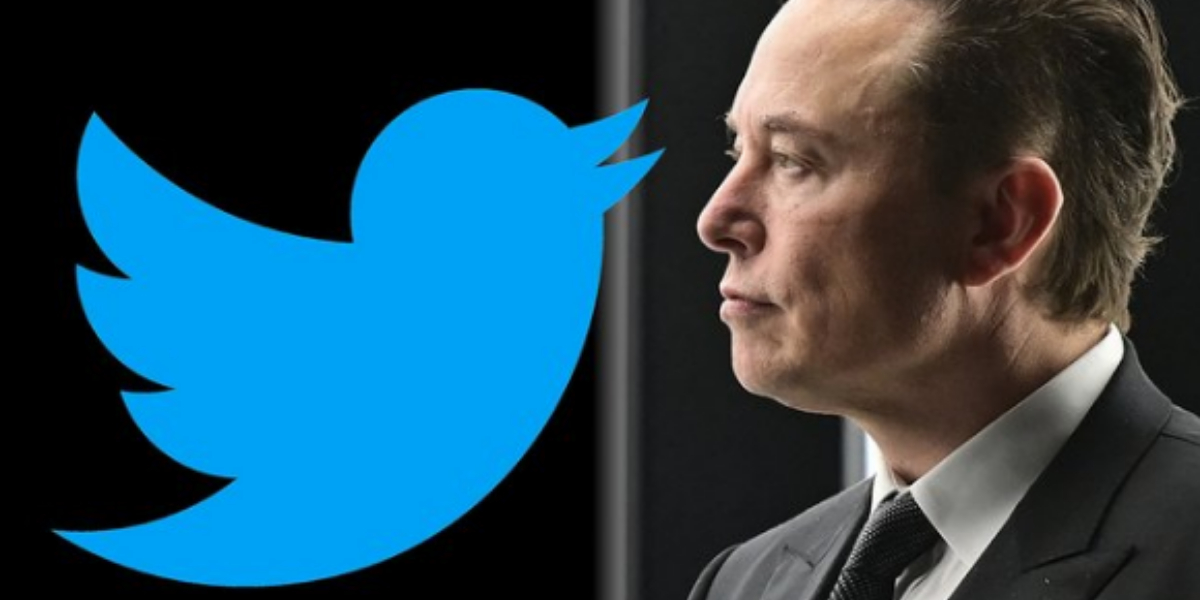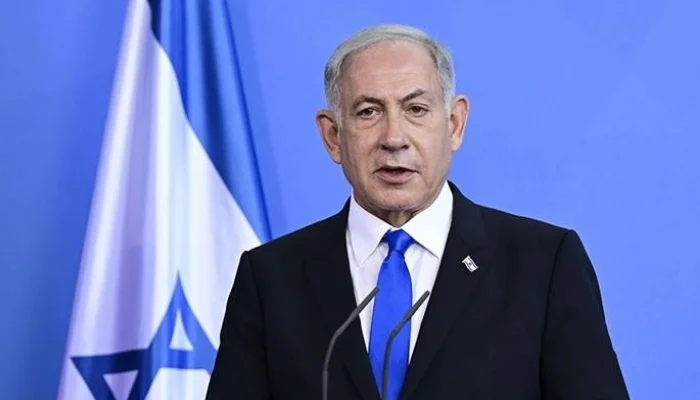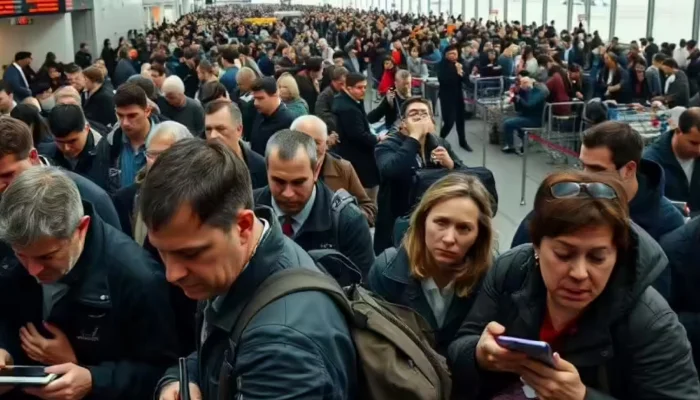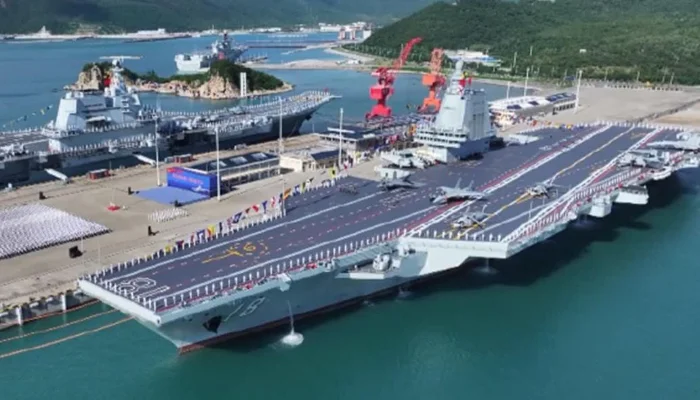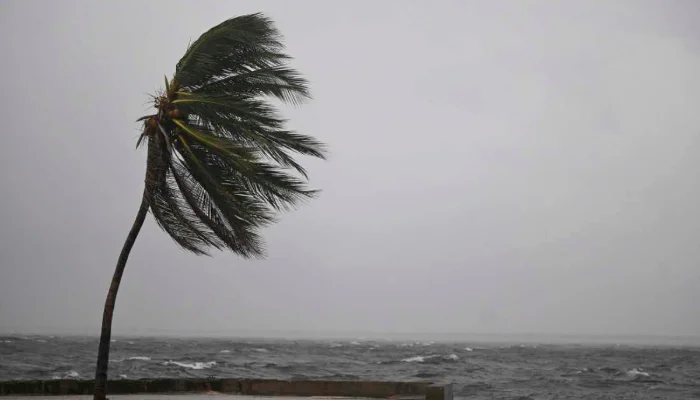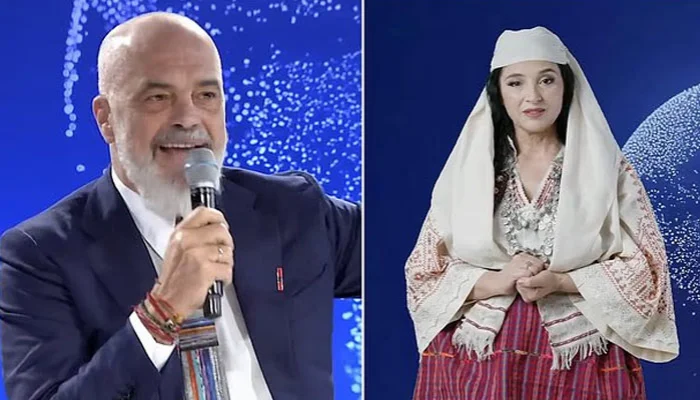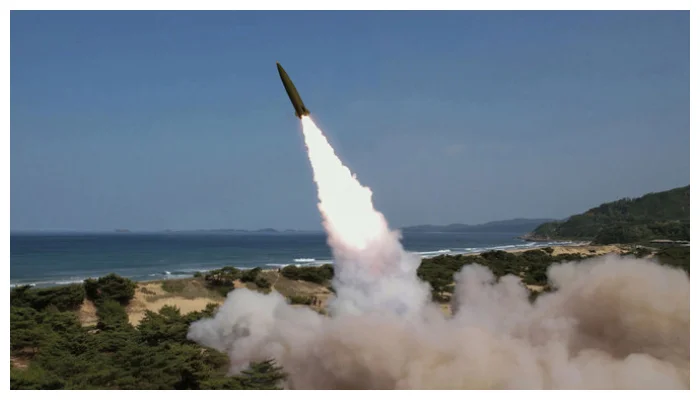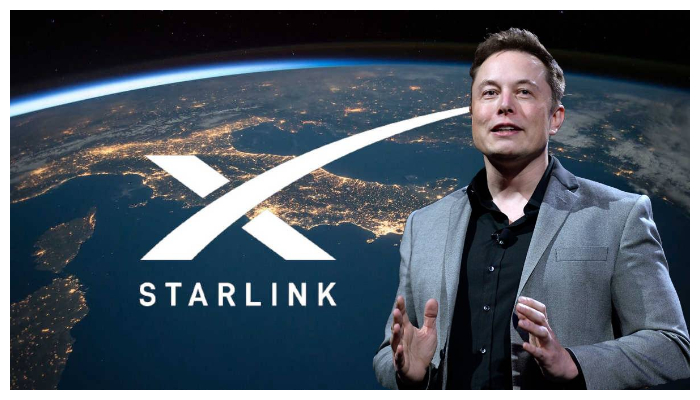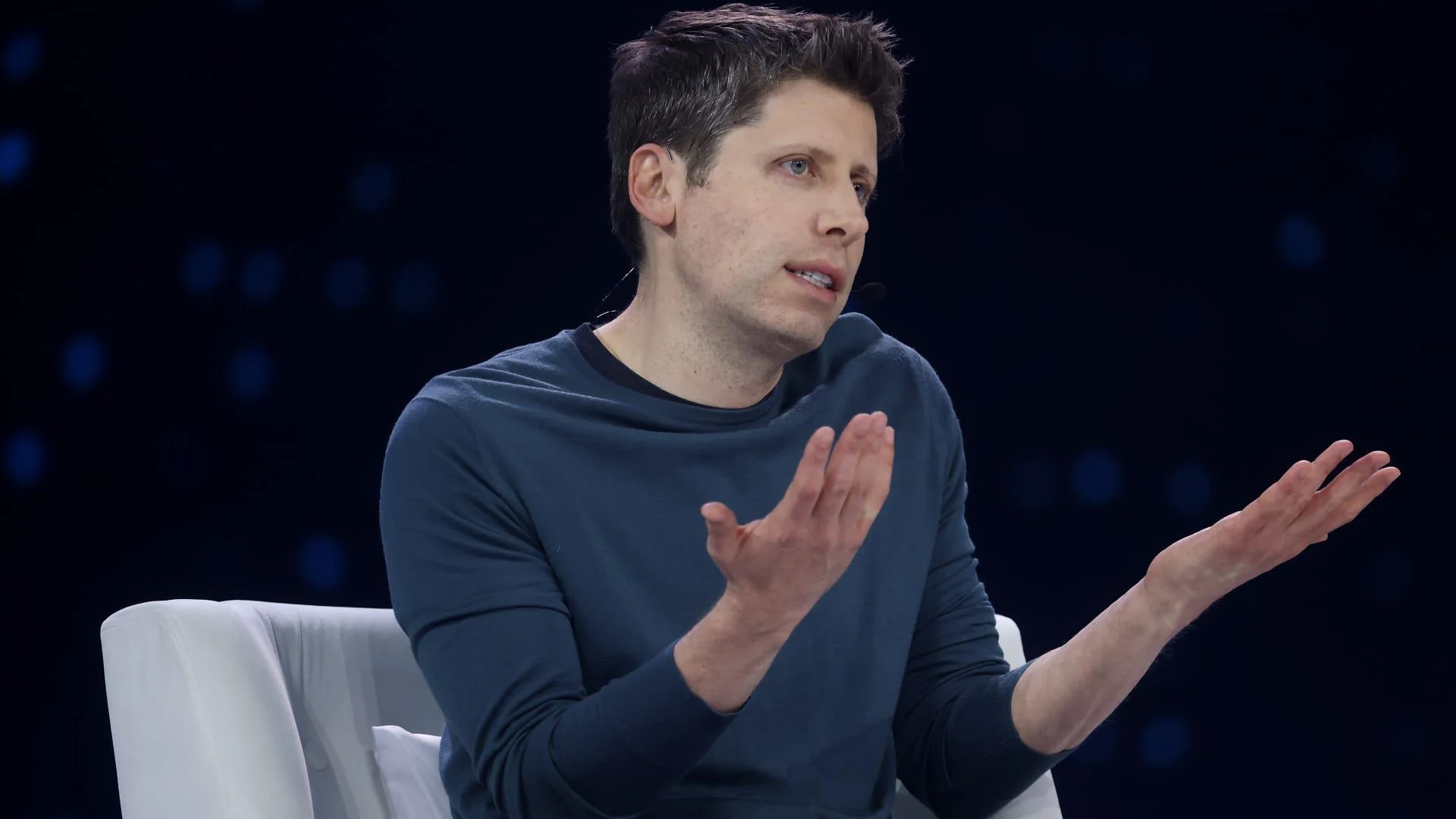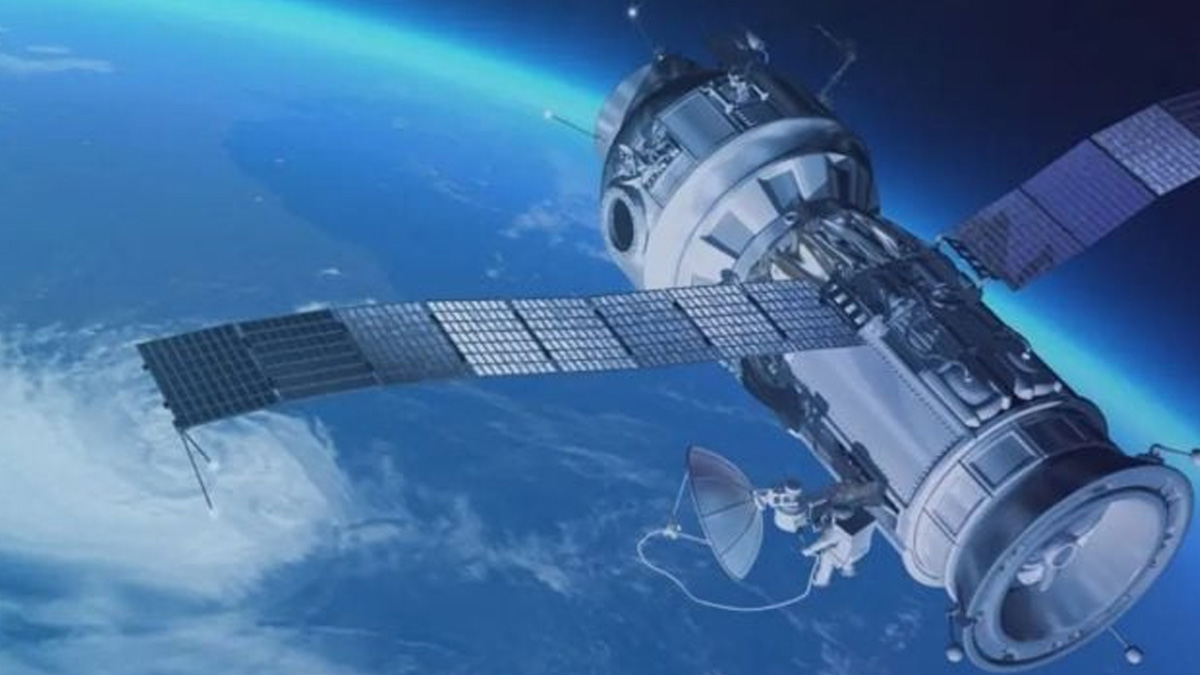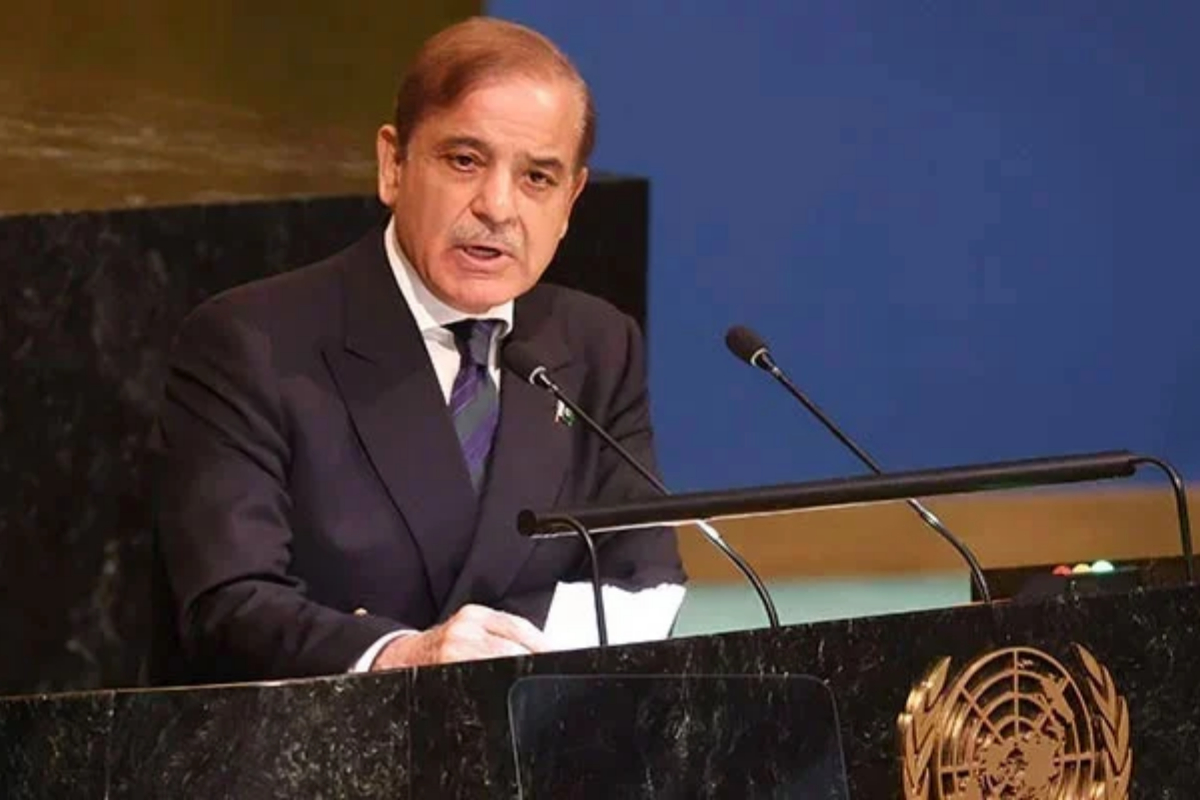Despite the uproar about which way Elon Musk might steer US political discourse after assuming control of Twitter, his toughest obstacles may arise across the Pacific.
Asia, which is home to more than half of the world’s population, is both Twitter’s biggest development opportunity and, arguably, its most difficult task. If the Tesla and SpaceX billionaire keeps his vow to end censorship, he’ll face a slew of puzzling restrictions imposed by often repressive governments and pushed to their breaking point by a flood of first-time internet users.
The figures alone show that Musk’s biggest problems aren’t at home. According to the company’s most recent annual report, Twitter’s monetizable daily active users totaled 179 million worldwide, much outnumbering the 38 million in the United States in 2021.
Twitter, as a public firm, has often stated that it must follow local regulations. Once it’s a private company run by the world’s richest man, Musk will be personally responsible for navigating the minefield — and the fallout if he doesn’t.
“Asia has the potential to make or break the new Twitter,” said JJ Rose, a think tank contributor at Australia’s nonpartisan Lowy Institute. “It will depend on how he approaches it, if he can harness it for his free speech aims.”
Twitter and Musk representatives did not respond to requests for comment.
Although Twitter is officially prohibited in China, the country will continue to demand a large portion of Musk’s time. In a tweet shortly after Musk’s deal, Amazon founder Jeff Bezos alluded to the potential conflicts, asking, “Did the Chinese government just gain a bit of leverage over the town square?”
A serious problem is how Twitter handles China’s efforts to propagate propaganda on the site around the world. In 2020, the firm implemented labels for government officials and “state-affiliated media” for outlets such as Xinhua and Global Times, and readers are reminded of this government support whenever they like or retweet stories. The Chinese media has labeled the practice “intimidation” and has already begun lobbying the tycoon to end it back.
Chen Weihua, a journalist for the China Daily, wrote to Musk, arguing that such labels stifle free expression and contravene Musk’s professed ideals. The billionaire has not made it clear how he will make such decisions.
“By ‘free speech, I simply mean that which matches the law,” Musk wrote on Twitter. “I am against censorship that goes far beyond the law.”
For the latest Sci-Tech News Follow BOL News on Google News. Read more on Latest Sci-Tech News on oldsite.bolnews.com

